Search
SDSU Extension to Host Small Grain Variety Tours
June 08, 2021
On June 17, South Dakota State University Extension will kick off its annual statewide Small Grain Variety Tours in Ideal.

Qualifying Livestock Forage Program Applications
As drought conditions worsen, livestock producers will find feed assistance from the Livestock Forage Program administered by the U.S. Department of Agriculture Farm Service Agency. Learn how to qualify, apply and certify your application for assistance.
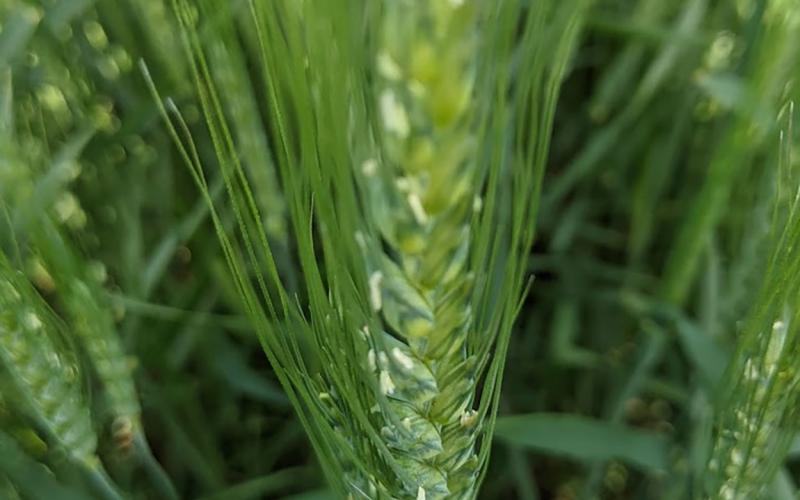
Use Fusarium Head Blight Risk Prediction Tools for Better Disease Management
Winter wheat has reached the flowering growth stage, which is a time of high risk for Fusarium head blight. By using disease prediction tools correctly, a producer can protect wheat from infection by applying a timely fungicide when the tools show moderate to high risk.
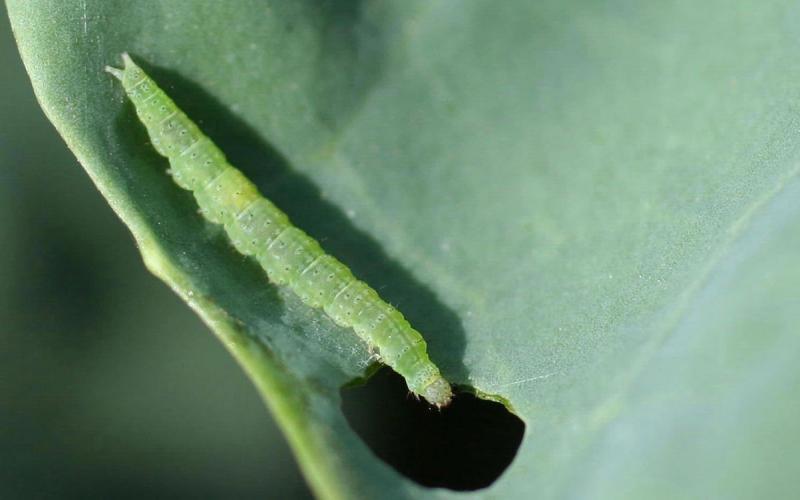
Diamondback Moth Caterpillars Active In South Dakota
Diamondback moth caterpillars have been observed in South Dakota gardens. These pests feed primarily on cole crops, such as broccoli, Brussel sprouts, cabbage, cauliflower and kale, leaving behind irregular-shaped holes.
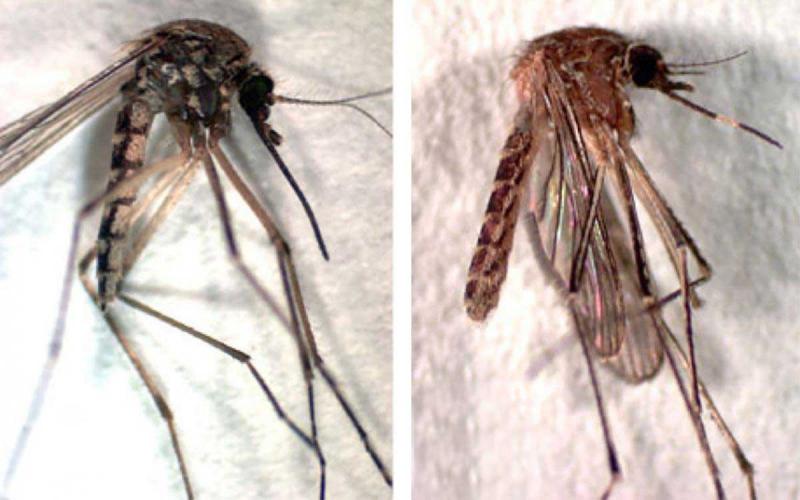
Will Mosquitos Be an Issue During This Summer?
Although it may seem like mosquitos won’t be an issue this year due to drought conditions, it is important to remember that they don’t require large bodies of water to reproduce. Mosquitos can utilize standing bodies of water, small puddles or even stagnant water in containers or old tires.

Enjoying the Outdoors Without Tick and Mosquito Bites
Outdoor activities seem extra inviting this time of year, and many people are already enjoying the long days and warmer temperatures. Ticks and mosquitoes share the outdoors with us, but there are things you can do to prevent bites from both.
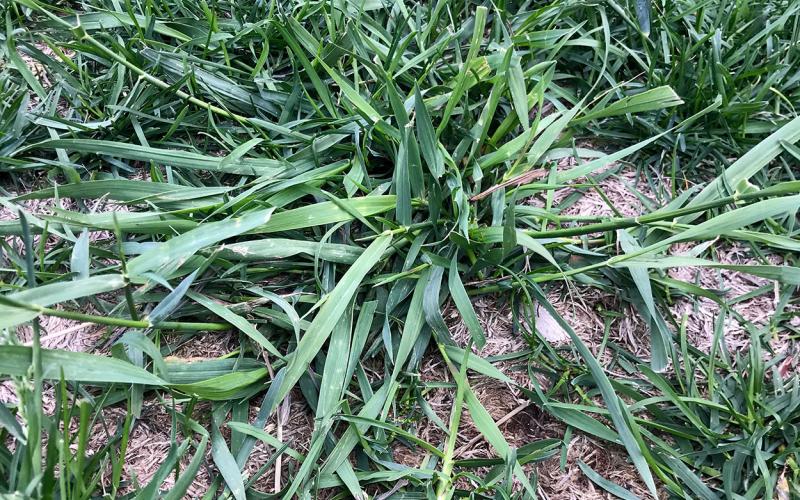
Is Crabgrass Taking Over Your Lawn?
Each year homeowners and businesses typically find crabgrass invading their lawns. If you desire a nice lawn, you may not be happy about this. Crabgrass can be a bit tricky to control—especially after it has established itself for the season.
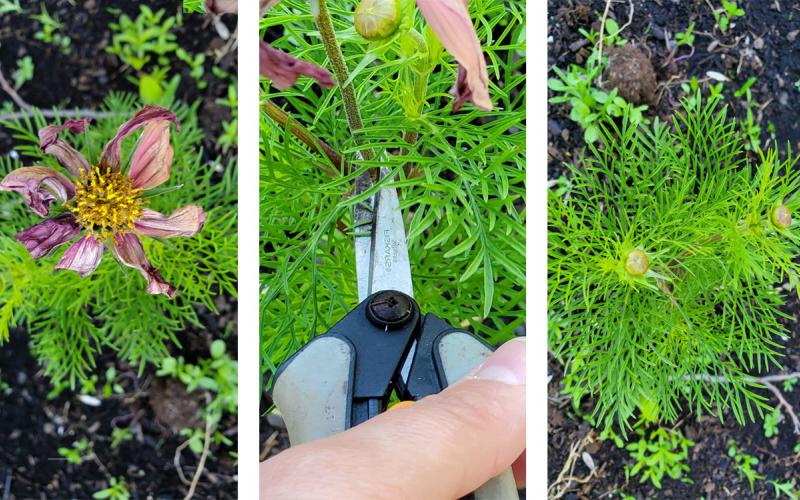
Enjoy More Flowers in Your Garden by Deadheading Regularly
Deadheading is a simple activity that removes the faded or spent blooms from plants to encourage more flowers. While almost all annuals benefit from deadheading, there are also a few perennials that will bloom for a second or even third time if deadheaded.
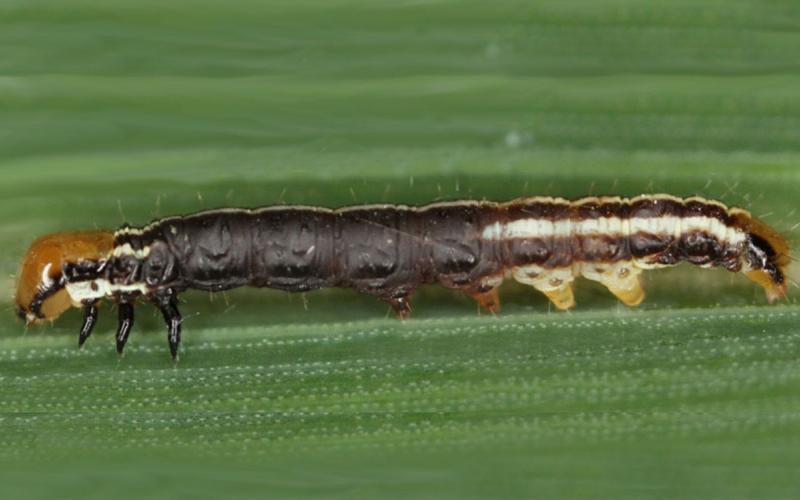
Common Stalk Borer Activity Estimate: June 10, 2021
The hot temperatures last week have resulted in a large increase in degree days for common stalk borer. Common stalk borers should now be scouted for in areas around Hot Springs, Lemmon, Mission, Pierre, Winner, Huron, Mitchell, Tyndall, Sisseton and Vermillion.
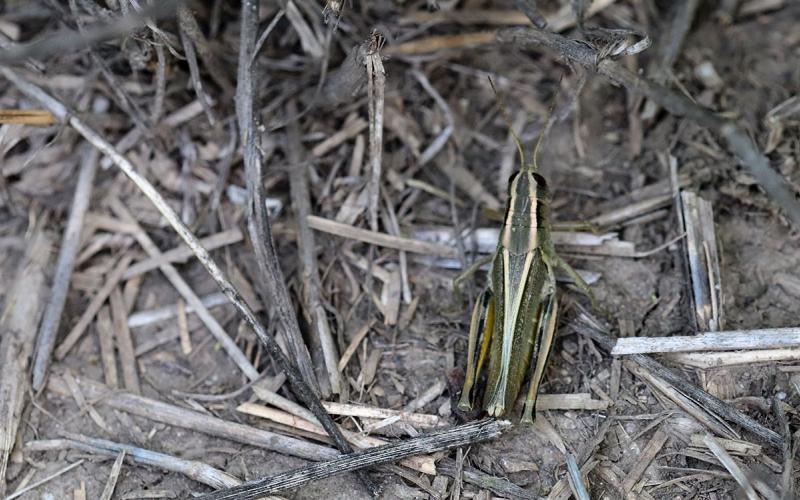
Will Grasshoppers Be an Issue in 2021?
With much of South Dakota experiencing dry conditions this year, grasshoppers are one of the insect pests that will need to be monitored. Large grasshopper populations may cause economic loss in cash crops and reduce forage in range and pasture lands.